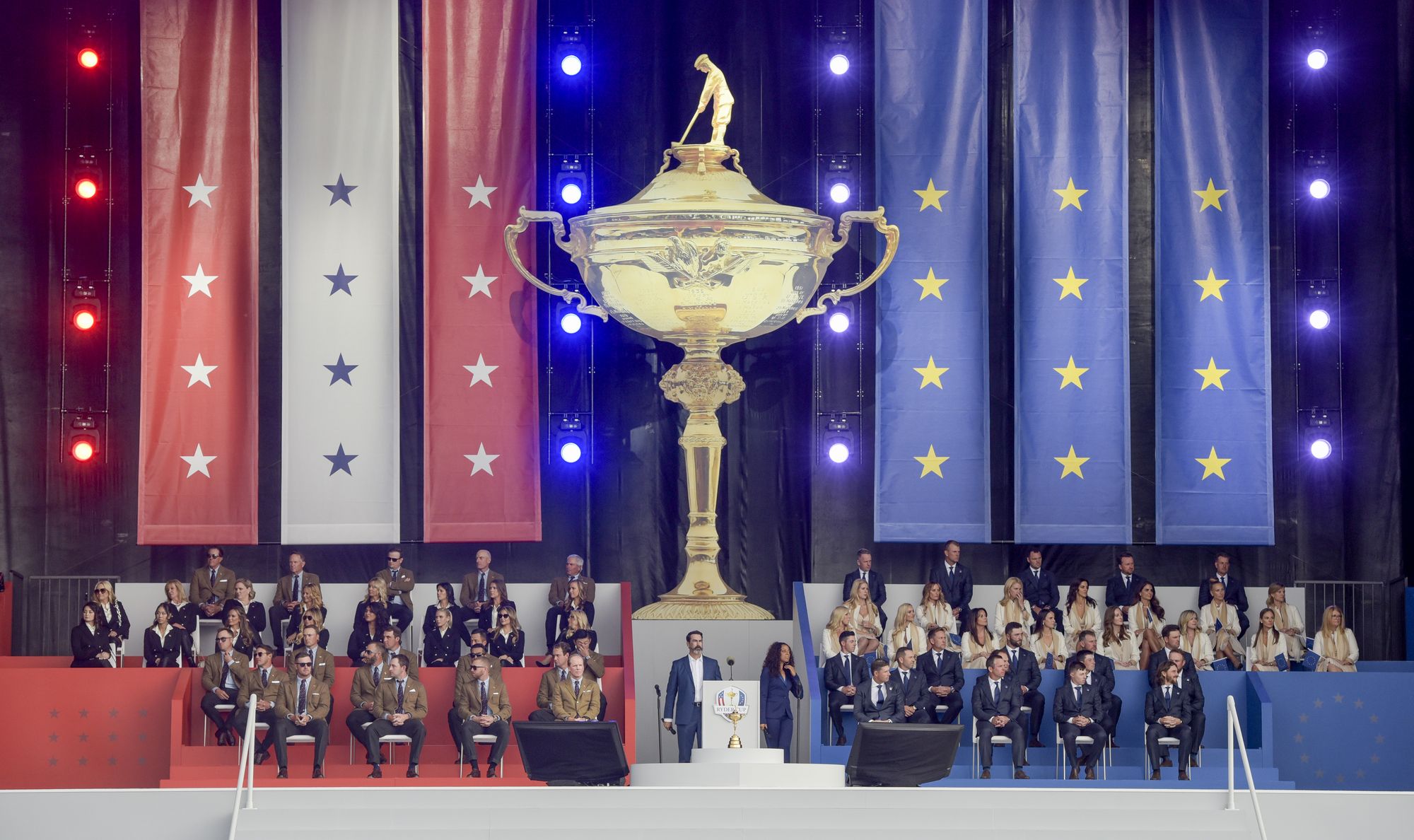One of the most popular, most confusing, and often argued about topics on the cart paths of junior golf events…..The Rankings! Do they make sense? Are they fair? How do I raise my ranking? Before we discuss any such topic we need to give thanks to such folks like Lance Ringler from GolfWeek and Mac Thayer from Junior Golf Scoreboard. Their work is endless and thankless when it comes to crunching the numbers.

The most widely recognized ranking site in the United States, is the Junior Golf Scoreboard. Appreciated for using 36-hole events or more from around the world, the JGS is used by coaches from all divisions to sort who may be on their recruiting whiteboards. As with any ranking system, be it in golf, basketball, or football, there is no perfect system. Golf events are being played 365 days a year, on all continents, with different grasses, from 5,000-7,200 yards. It would be impossible for one system to have the answers to compare players from all over the world with so many factors at play.
As with anything in life, the better you play, the more issues seem to get solved, and the same can be said for the junior golf rankings. Many players in cold weather climates complain that those in the south get preferential treatment, while those in the north often try to answer of when to play, and not play during the winter months. JGS lists the following factors as the most important drivers of their ranking system: individual scoring, strength of field, and strength of finish. There is a small dissertation into how those three themes are used, but the special sauce seems to be… play better!

Looking back at my coaching days, I could not keep count of the number of times parents would ask how to schedule tournaments to use the rankings to their benefit, avoid good players when their son or daughter was not in top form, or find the events that matter the most. I also do not remember many players coming from these same situations achieving what they were capable of. As you can imagine, chasing a ranking, or a coach, or a program takes away from focusing on the simple things that actually produce good scores – attitude, course management, short game, and how you practice is much more important than worrying about if this field is strong enough to boost your ranking. There are two simple things to remember when thinking about the rankings: find someone that is familiar with various tours who can help you schedule, and PLAY GOOD GOLF. Those rankings will treat you just fine!
Michael Burcin is the owner of Under Par Consulting








